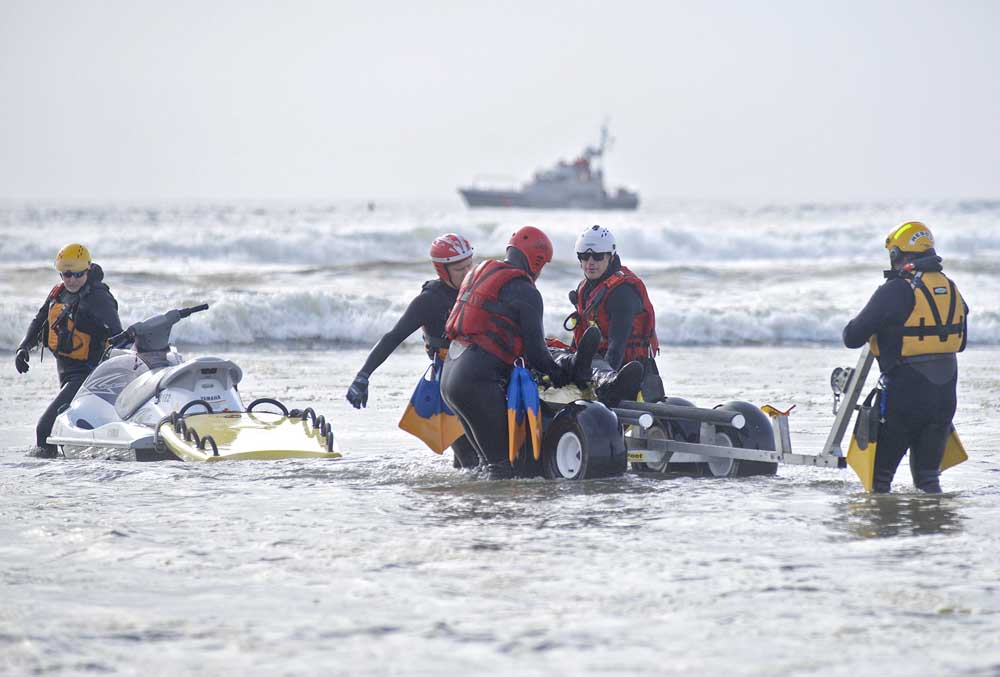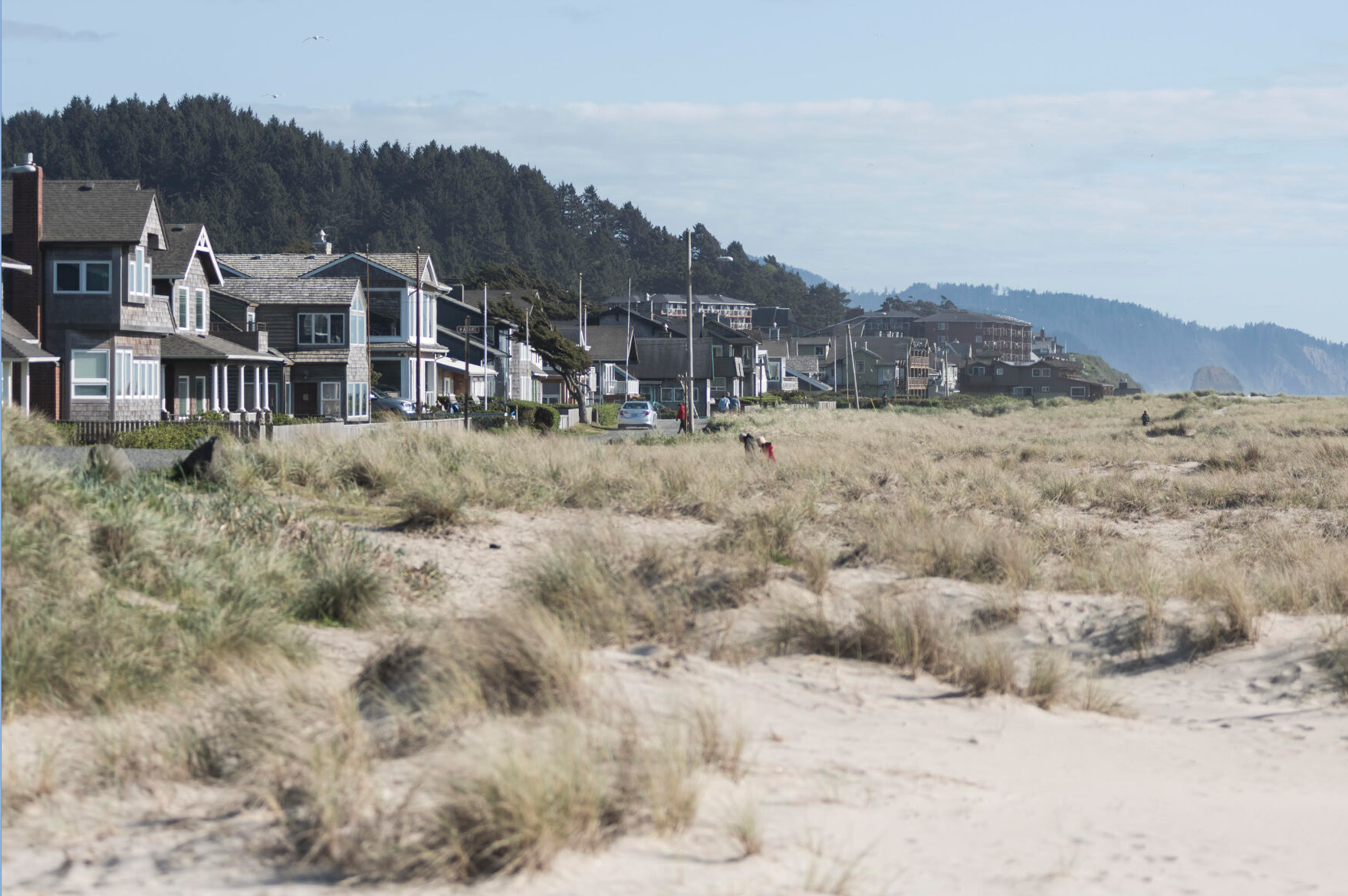Our View: If you witness trouble, stay on the beach
Published 8:00 am Tuesday, May 21, 2019

- A Coast Guard vessel sits offshore as emergency responders practice a rescue drill in Seaview.
During Emergency Medical Services Week, it is fitting to salute all those who are trained and ready to respond to any crisis with skilled professionalism.
Trending
We are especially fortunate that we are protected by the fine personnel, paid and volunteer, at our coastal fire departments. Medix Ambulance crews work closely with them to ensure a level of care. And professional staff at our three local hospitals are ready to treat emergency-call patients 24/7.
These folks handle calls year-round and their service should be saluted.
A key element of those efforts involves ocean rescue.
Trending
Our beautiful Pacific Ocean coast can be a treacherous place. Despite repeated warnings to visitors about the danger lurking amid all that beauty, every year there are people who underestimate the waves and the undertow and get into trouble.
That’s when rescue team members go to work.
One important nuance emerged from a recent drill involving the Coast Guard and the volunteer surf rescue team across the river in Washington.
Leaders of the event, which involved more than one-half dozen agencies, took time to emphasize the need to get the word out to the public about an important manner in which they can help.
If you observe what appears to be a person in distress in the ocean and call 911, you must stay at the location and watch for responders’ rigs.
That’s because early arriving rescuers from fire departments, law enforcement agencies and the Coast Guard need to know what they are looking for — and where.
Both Doug Knutzen, longtime leader of surf rescuers based in Seaview, Washington, and Lt. Jessica Shafer, Coast Guard commander at Cape Disappointment, made that the single most important takeaway from the drill.
Knowing how many people are in the water — and being able to locate them — are uppermost in the minds of responders as they unpack their rescue gear and launch into the water.
No one wants to call off a rescue until all missing people are accounted for.
In an ideal world, locals and visitors alike would heed the repeated warnings about the dangers of the ocean and never need to be rescued. Alas, that is not the reality of living next to the ocean.
Members of the public who see someone in trouble and call 911 for help have another part to play, too. Don’t leave the scene. Stay on the beach, identify yourself to responders, and repeat what you told the 911 dispatcher.









